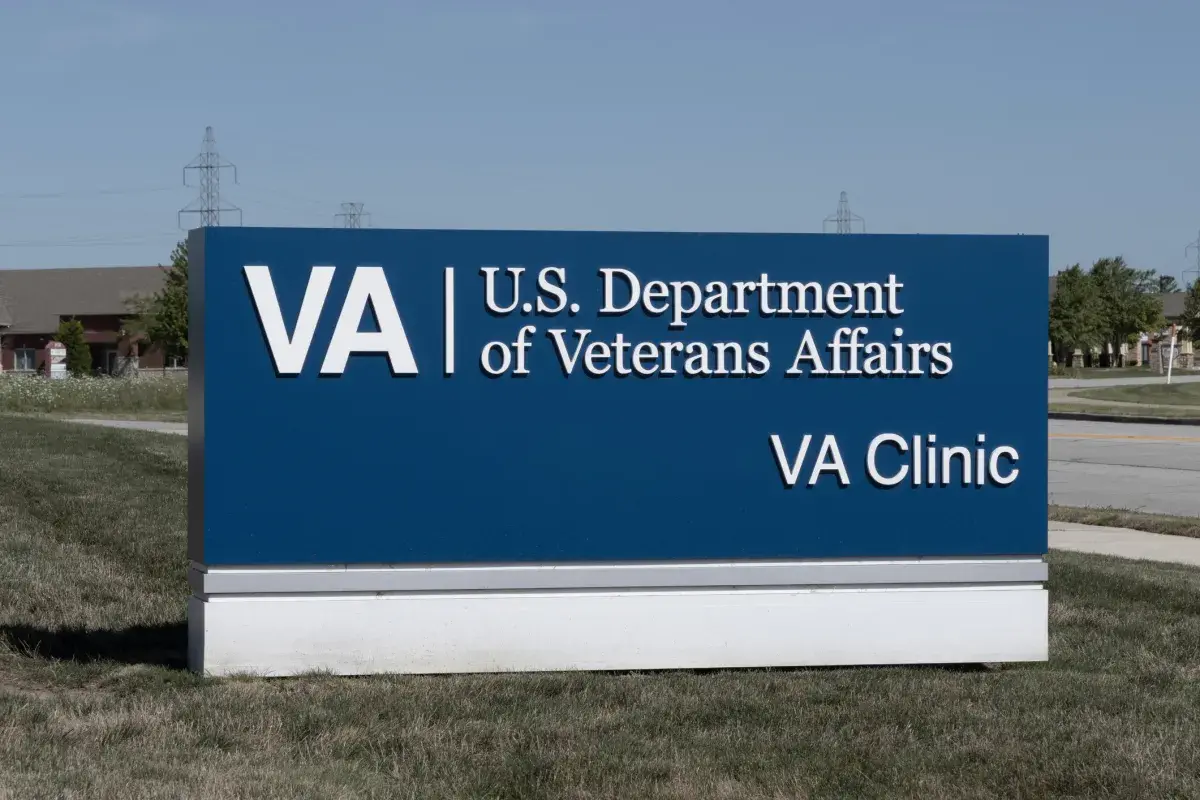
Despite President Donald Trump and his health officials advising pregnant women to avoid acetaminophen, experts in the field maintain the over-the-counter medication is safe. Medical groups also pushed back on claims that leucovorin is a treatment option for children with autism.
Stat: Pushback Grows To Trump’s ‘Tough It Out’ Advice During Pregnancy
Federal health officials are telling Americans no, they shouldn’t take Tylenol during pregnancy for fear of autism and yes, they should try a drug used in cancer care to treat children who have developed autism. The medical world disagrees. “We were actually pretty alarmed by some of the output that was coming from the administration,” Marketa Wills, CEO and medical director of the American Psychiatric Association, said in an interview. At a remarkable White House briefing on Monday, President Trump and his top health and science officials said Tylenol use in pregnancy caused some cases of autism in children and said leucovorin, a form of vitamin B9, could treat the disease. (Cooney, Gaffney and Merelli, 9/24)
NBC News: What Doctors Say About Taking Acetaminophen While Pregnant After Trump’s Autism Claims
Dr. Laura Riley, chief of obstetrics and gynecology at Weill Cornell Medicine in New York, said patients have come in since Trump’s briefing anxious and unsure what to do. “There was a lot of head-shaking,” Riley said. Riley said that after Trump warned about acetaminophen use during pregnancy, she’s had patients asking, “‘the next time I get a headache, what should I do?’” Her response: “Take Tylenol.” “There’s no reason for you to tough it out,” Riley said. “That’s not an appropriate way of managing pain.” (Szabo and Dunn, 9/23)
KFF Health News: Trump Claims ‘No Downside’ To Avoiding Tylenol During Pregnancy. He’s Wrong.
Obstetricians have long advised their pregnant patients that Tylenol is the safest option to reduce fever or pain. President Donald Trump stood before a national audience on Sept. 22 and contradicted that. “Don’t take Tylenol,” Trump said during an hourlong White House press conference that included his leading health appointees. “There’s no downside. Don’t take it. You’ll be uncomfortable. It won’t be as easy, maybe, but don’t take it. If you’re pregnant, don’t take Tylenol.” His advice has no clear basis in research and contradicts long-standing science and medical guidance. (Czopek, 9/24)
AP: Dr. Trump? The President Reprises His COVID Era, This Time Sharing Unproven Medical Advice On Autism
President Donald Trump isn’t a doctor. But he played one on TV Monday, offering copious amounts of unproven medical advice that he suggested — often without providing evidence — might help reduce autism rates. The presentation recalled the early days of the coronavirus pandemic during Trump’s first term, when the president stood for daily White House briefings and tossed out grossly inaccurate claims — including famously suggesting that injecting disinfectants could help people. “I see the disinfectant that knocks it out in a minute, one minute. And is there a way we can do something like that by injection inside, or almost a cleaning?” Trump asked in April 2020. “As you see, it gets in the lungs, it does a tremendous number on the lungs, so it would be interesting to check that.” (Weissert, 9/23)
Also —
The New York Times: F.D.A.’s Approval Of A Drug For Autism Upends Review Process
In taking the unusual step of approving an old generic drug as a treatment for autism, the Food and Drug Administration stunned some experts by departing sharply from the agency’s typical standard for reviewing drugs. The drug, leucovorin, has long been used to treat the toxic effects of chemotherapy, but it was endorsed as a therapy for some people with autism by President Trump and top U.S. health officials during a White House briefing on Monday. The move flipped the standard process: Typically, a pharmaceutical company carefully studies a drug, often with input from the F.D.A. on the design of rigorous studies, and then files a formal application for approval. But in this case, the agency said it reviewed medical research and made the approval decision to expand the drug’s use on its own. (Jewett and Mueller, 9/23)
FiercePharma: FDA To Tweak Tylenol Safety Label, Relabel Decades-Old GSK Drug As ‘Autism Symptom’ Treatment
The FDA has already begun the process to change the safety label of acetaminophen to reflect evidence that could suggest an increased risk of autism and other neurological conditions such as attention-deficit/hyperactivity disorder. The “precautionary principle” of the label edit “may lead many to avoid using acetaminophen during pregnancy, especially since most low-grade fevers don’t require treatment,” FDA Commissioner Martin Makary, M.D., explained in an FDA release. (Becker, 9/23)
The New York Times: Harvard Dean Was Paid $150,000 As An Expert Witness In Tylenol Lawsuits
The dean of the Harvard T.H. Chan School of Public Health, who consulted with top Trump health officials ahead of Monday’s warning about Tylenol and autism, was paid at least $150,000 to serve as an expert witness on behalf of plaintiffs in lawsuits against the maker of Tylenol. Dr. Andrea Baccarelli, a leading epidemiologist, disclosed the figure in a court deposition he gave in the summer of 2023 that is publicly available in federal court filings and was reviewed by The New York Times. He had previously disclosed that he had served as an expert witness in the case but not how much money he had made. (Robbins and Ghorayshi, 9/23)
This is part of the Morning Briefing, a summary of health policy coverage from major news organizations. Sign up for an email subscription.



